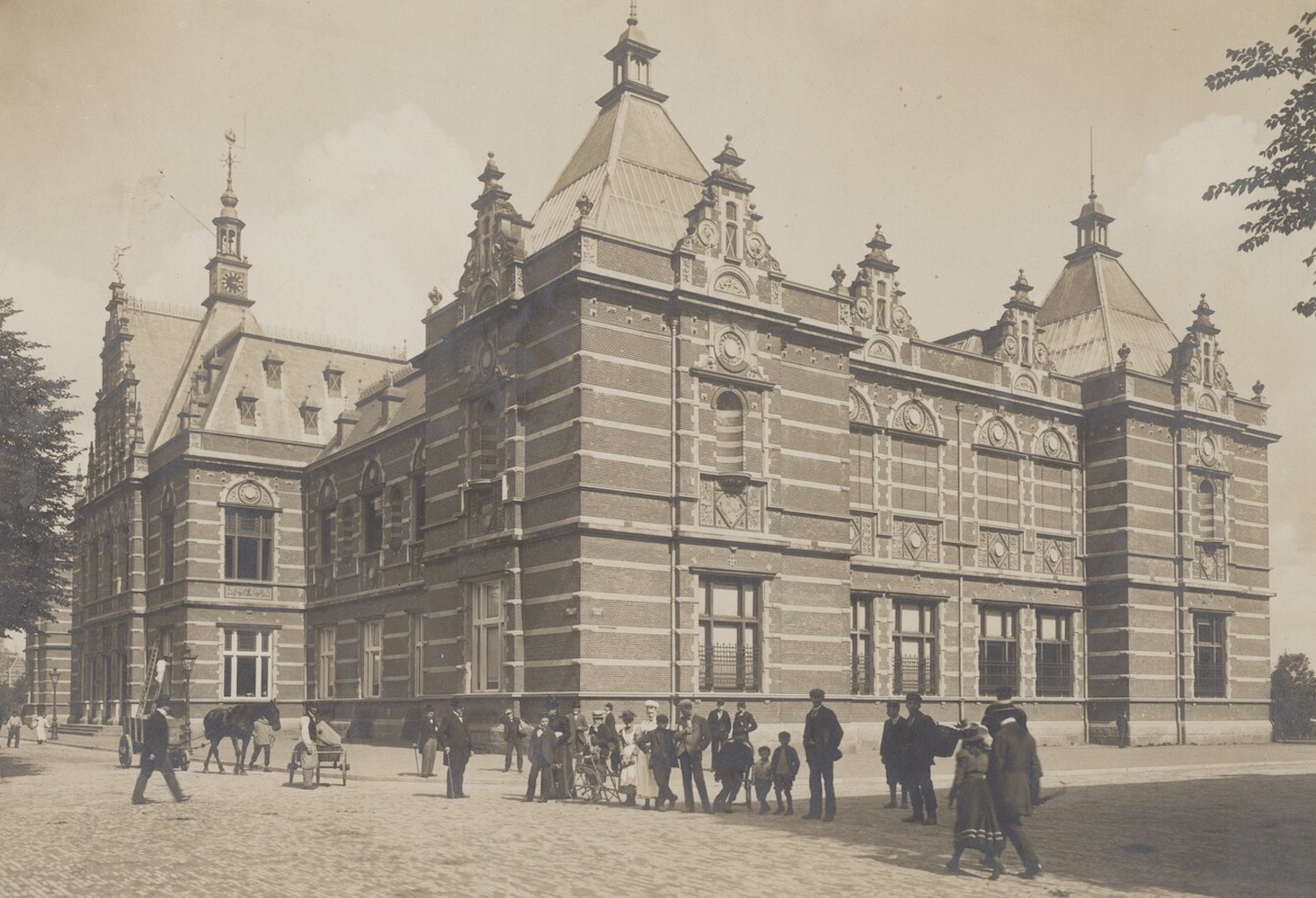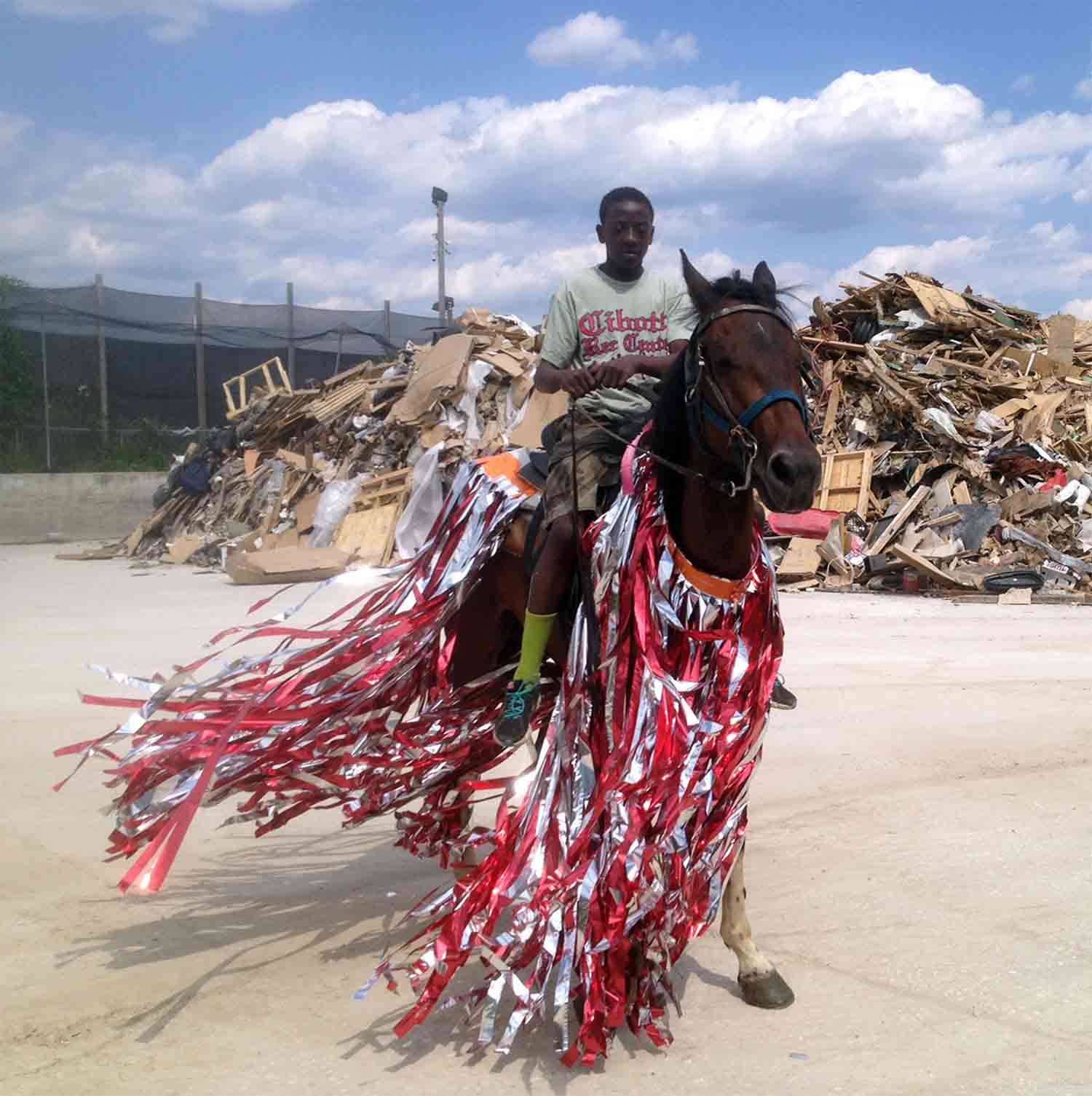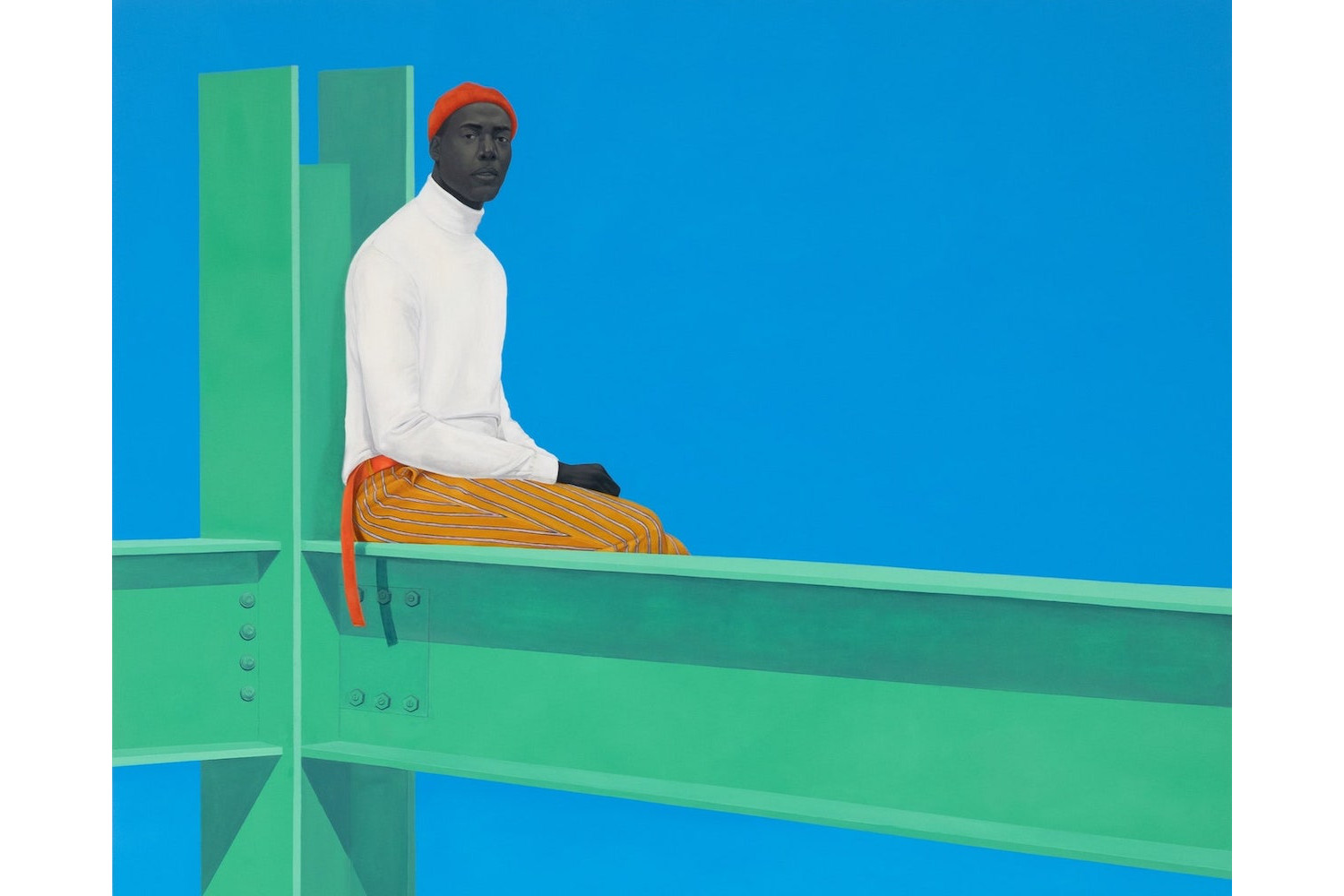
On September 14, 2020 the Stedelijk Museum Amsterdam celebrated its 125th anniversary. Stedelijk Studies is taking this opportunity to analyze, reflect, and speculate on the historical, current, and future state of the modern and contemporary art and design institution, seeking to both learn from its past and define its prospective tasks.
Within today’s globalized art world, ideas about what and how museums of modern and contemporary art and design collect, exhibit, and address their audiences are changing. These institutions are critically discussed and problematized as Eurocentric and predominantly white institutions, insufficiently aware of, or insufficiently apt to respond to, the interdependences between modernism and colonialism, as well as how such interdependences intersect with other concerns of critical discourses. Topics such as diversity and inclusion, migration, decolonization, digitization, ethics, funding, and globalization, which have become central to museological discourse, need to be considered in reflections on the challenges the Stedelijk meets as a museum of the 21st century.
For its eleventh issue, Stedelijk Studies encourages proposals that invite critical discussion on such issues. The specific circumstances of the Stedelijk necessitate an analysis of its position on a local, national, and international level in comparison to other museums of similar size and status in various parts of the world. Authors are invited to reflect on the position of the museum of modern and contemporary art and design within these varying contexts, and to address possible future models for (the concept of) the museum, with respect to their diverse histories and collections.
We encourage scholars from various disciplines to offer distinctive views on one or more of the topics outlined below, using innovative, explorative, and experimental methodologies and research approaches.
Possible questions and topics could include, but are not limited to:
History:
– Can the Stedelijk’s told and untold histories be revisited in order to formulate goals for the future?
Theoretical frameworks:
– What does decolonization mean for museums of modern and contemporary art and design globally, including the Stedelijk?
– Apart from post-colonial theory, what other theoretical frameworks that set out to develop new ethical standards and innovative museum practices could be analyzed?
Future:
– To what extent can the museum of modern and contemporary art be a trendsetter of the new, now that other players in the cultural field seem better equipped to fulfill this role?
Content:
– Do departmental structures with specialized curators still have potential for the future?
– Are there any best practices for collection policy and curatorial strategies? Are these culturally specific?
Public role:
– How can private and public funding interests, conventional museum tasks and mass cultural entertainment be balanced and autonomy and content retained?
– What is the impact of local politics on museum management? How do other (municipal) museums of modern and contemporary art and design balance the local and the global?
Submission guidelines
Please submit abstracts of no more than 300 words by Monday, January 11, 2021. Selected papers will be due Monday, May 29, 2021. Abstracts must be accompanied by an up-to-date CV, submitted in one PDF file. The issue will be published in December 2021. Please send abstracts and other editorial correspondence to: stedelijkstudies [at] stedelijk.nl
About
Stedelijk Studies is a high-quality, peer-reviewed academic journal published by the Stedelijk Museum Amsterdam. The journal comprises research related to the Stedelijk collection, exploring institutional history, museum studies (e.g., education and conservation practice), and current topics in the field of visual arts and design.
Stedelijk Studies #11 is guest-edited by Yvette Mutumba and Maurice Rummens.


